Connect with us
Published
3 years agoon
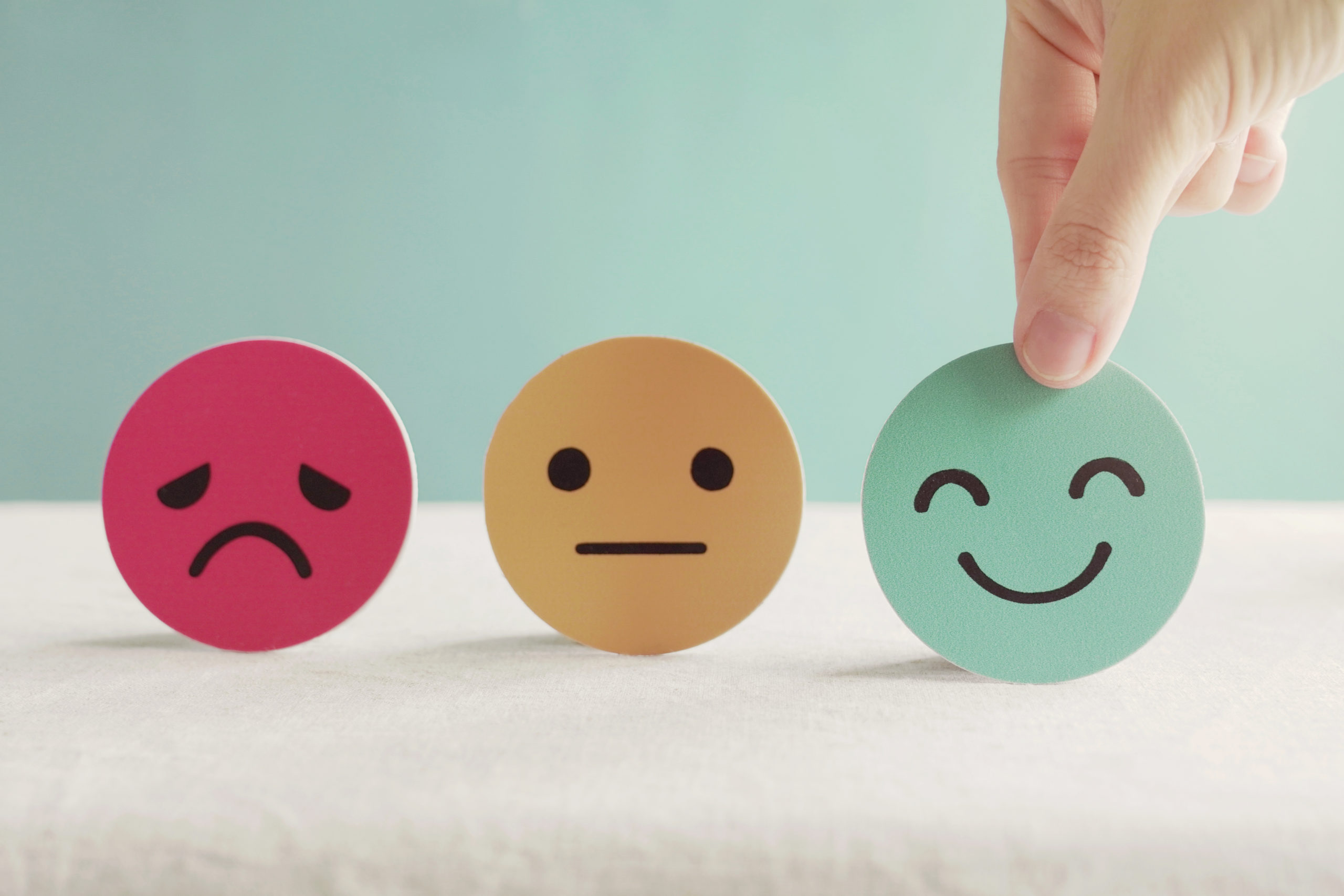
Conversations regarding mental health have been in the forefront over the last year, with the COVID-19 pandemic’s profound, global impact on individuals, and associated turmoil we are still recovering from and coping with, persistent as ever.
Many folks looked into new ways to tend to their mental health during this period, with cannabis as a leading solution. A new, national study found a positive correlation between national demand for medical cannabis and the number of national COVID-19 cases, essentially showing when cases increased, medical cannabis use increased alongside it.
Historically, the most common reason to obtain a medical card was for chronic pain, but the majority of patients who applied for medical cards over the past year cited psychological reasons, 55 percent of patients citing their main reason for their cannabis use was to “feel happy.”
“Medical cannabis has traditionally been viewed as an alternative treatment for relieving physical pain and chronic ailments,” said Maha Haq, CEO of CREA and graduate student at University of Maryland’s School of Pharmacy. “That most people are actually looking to the plant to ease psychological stressors, often related to external social upheaval, is an incredibly important discovery that helps medical professionals better understand evolving consumer relationships with cannabis, and from there, improve the quality of their treatment and related mental healthcare programs.”
Medical cannabis is currently legal in 36 states around the U.S., and while changing legislation has allowed for more research and analysis to occur surrounding the plant and its benefits toward mental health, medical cannabis products are still not accessible country-wide, and education around cannabis, the multitude of benefits and various ways it can affect the brain is still limited.
A recent study found that most Americans do not know the difference between CBD and THC, two of the main, non-psychoactive and psychoactive cannabinoids, respectively. And while cannabis has many medicinal benefits, recent research shows that highly concentrated THC products are becoming more popular, and also leading to mental health concerns among regular users of high-THC products. According to NPR, researchers say 80 percent of legal pot sales go to 20 percent of customers who are regular users.
“And they’re not just buying joints or marijuana flower that’s become steadily more potent over the years,“ Bente Birkeland said.
Specifically, in reference to teenagers and younger medicinal users, there is increasing research looking at high-THC concentration exasperating mood disorders and interfering with treatments in younger people. A study published by the journal JAMA Pediatrics showed findings over a review of 205,000 Ohio Medicaid claims linked with death certificates for young people aged 10-24, and the finding showed youths with mood disorders who used cannabis were at a higher risk for self-harm and death by all causes.
Conversations like these have some lawmakers looking into more regulation for products high in THC, specifically cannabis concentrates. Colorado lawmakers drafted a bill for more dedicated research on high potency THC products, and the bill would also hope to strengthen relationships between patients and doctors, particularly for patients 18-20.
“With a lot of tenets of the bill we’re really trying to focus it on those who are most vulnerable. So children, and those with still developing brains between 18 and 25,” Representative Yadira Caraveo said.
The issue is, cannabis is complex, with countless variations, benefits and detriments, and it is not so black-and-white, at once being a resource to many for mental healthcare and sometimes acting as a detriment to the mental health of others.
And, as a country, we are truly in the infancy of legalization, and the knowledge that comes with it. The plant is still federally illegal, and while state-by-state legalization has allowed for more research around cannabis, the potential benefits to our health and what elements of the plant can be used for various treatments, arguably one of the larger hurdles in national cannabis health research is the federal ban, which President Biden voiced he is opposed to lifting.
White House Press Secretary Jen Psaki alluded to just that in April, that Biden does support reclassifying cannabis in the future as a Schedule II drug, “… so researchers can study its positive and negative impacts,” for allowing medical use, for allowing states to legalize recreational use and for “decriminalizing marijuana use and automatically expunging any prior criminal records.”
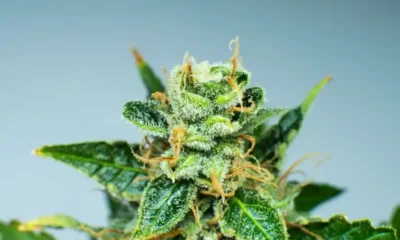

Congressional Progressive Caucus Says Dems Can Legalize MJ By Winning House, Senate Majorities This November
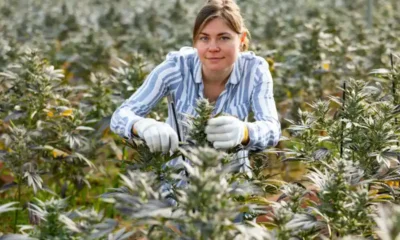

Cannabis Industry Has 440,000 Full-Time Workers
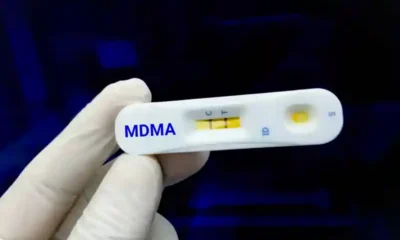

Federal Register Proposes Adding Fentanyl, Removing MDMA From Drug Testing Panels
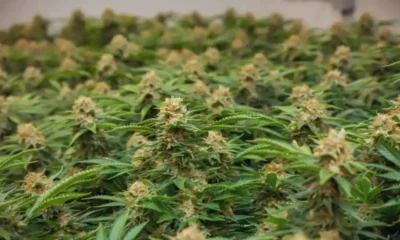

Feds File Charges Against Maine Weed Grower After Probe Spanning 20 States


The Cannabis Market Is Booming in Japan


German Authorities to Ban Cannabis Smoking, Vaping at Festivals Including Oktoberfest
